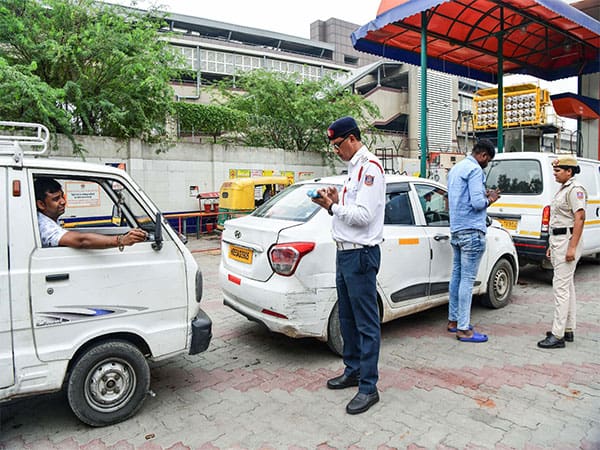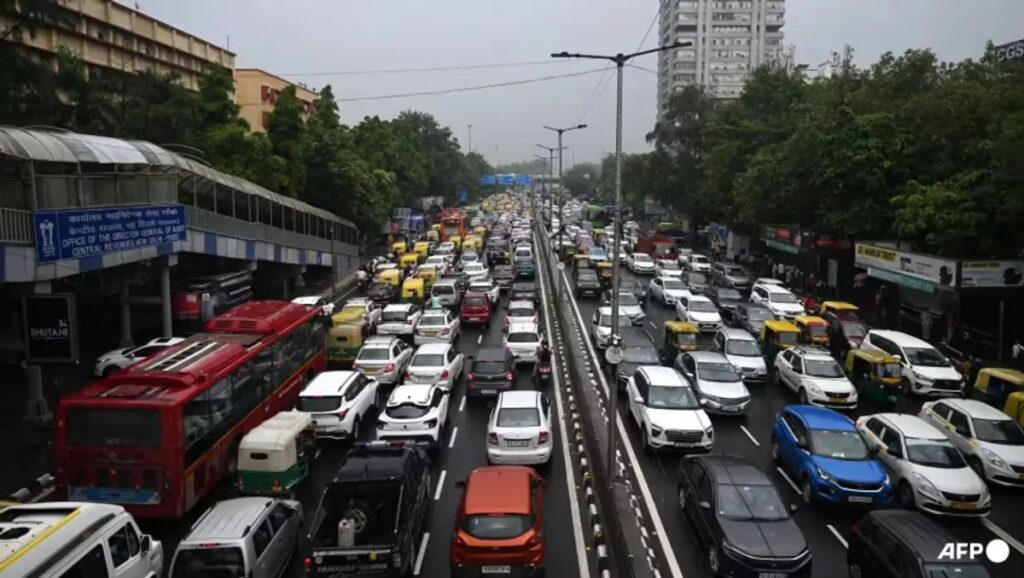In a significant policy shift, the Delhi Government announced that end-of-life vehicles (ELVs) will not be impounded, reversing its earlier position following heavy public and political backlash. The controversial fuel ban on older vehicles, set to begin July 1, drew flak for being impractical and “un-Indian” in spirit.
Fuel Ban Paused, New System on the Way
Delhi’s Environment Minister Manjinder Singh Sirsa stated that while the government remains committed to protecting the environment, vehicle confiscation is off the table. Instead, a new, tech-driven policy framework is being considered.
“We will not let Delhi’s environment be harmed, nor will we permit the confiscation of vehicles owned by its residents,” said Sirsa.
Why the U-Turn?
Sirsa, in a letter to the Commission for Air Quality Management (CAQM), cited multiple issues with the Automatic Number Plate Recognition (ANPR) system—central to enforcing the ELV rule:
-Glitches and misaligned camera placements
-Lack of database integration across NCR states
-Uninstalled ANPR systems in neighbouring regions
-Risk of illegal fuel markets emerging due to cross-border refuelling

-Legal Firestorm & Industry Pushback
Adding to the pressure, the Delhi Petrol Dealers Association filed a plea in the Delhi High Court, arguing that private petrol stations lack the legal authority to enforce government mandates and face “unreasonable penalties” for non-compliance.
“We’re fuel providers, not law enforcers,” the association stressed.
The High Court has now sought responses from both the Delhi Government and CAQM, scheduling the next hearing for September.
Political Reactions
BJP MP Parvesh Verma also voiced concerns over the age-based vehicle bans, saying enforcement should be based on actual pollution levels, not arbitrary age limits.
“Why ban by age when pollution status matters more? And why not apply the rule uniformly across NCR?” he asked.


